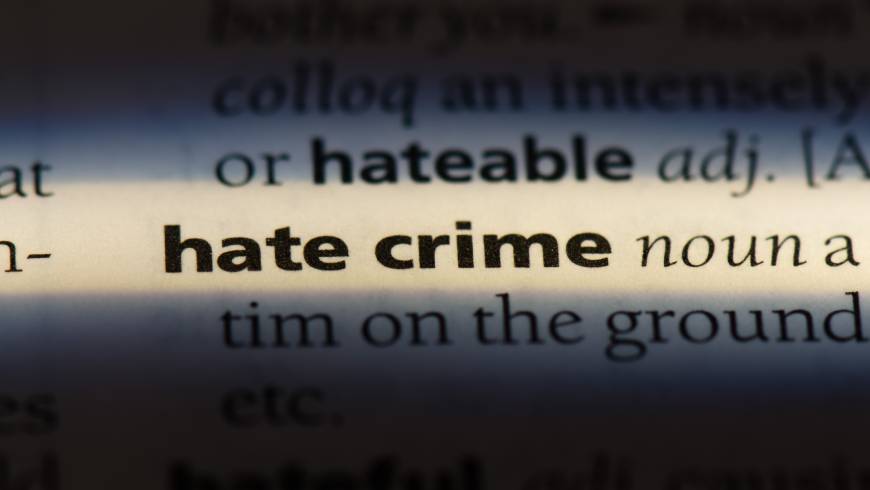Throughout February 2024, the Council of Europe held three online information sessions on hate crimes for 82 operators of the Police database in the Republic of Moldova. They aimed to present and discuss the latest developments and practices on disaggregated data collection.
An efficient processing of data reported to the Police in alleged cases of hate crimes, represents an important element when providing systemic responses to discrimination and hate crimes. This activity was organised in cooperation with the General Police Inspectorate in the overall framework of the Council of Europe and European Union support to the Moldovan authorities to improve and harmonise the data collection methods, that started in 2019.
Participants from Centre, North and South police districts of the country, including statisticians and criminal investigation officers, attended the trainings. They discussed guidelines and exchange experiences but also addressed the challenges in the daily work with the database, and in the collection of disaggregated data on hate crimes.
As an outcome of these sessions, it was concluded that cooperation and further assistance on disaggregated data recorded by Police remains very important, in view of a more coherent processing of discrimination and hate crimes reported to Police, as well as to draw systemic trends and consequently improving the application of anti-discrimination legislation in the Republic of Moldova. Ultimately, this will help to increase the trust in Police institution by vulnerable persons and potential victims of discrimination and hate crimes.
Read more on the Partnership for Good Governance work in the Republic of Moldova
This event, organised in cooperation with the General Police Inspectorate of the Republic of Moldova, is part of the European Union and the Council of Europe joint programme “Partnership for Good Governance”, co-funded by the European Union and the Council of Europe, and implemented by the Council of Europe, in the framework of the project “Combating discrimination, hate speech and hate crimes in the Republic of Moldova”.





